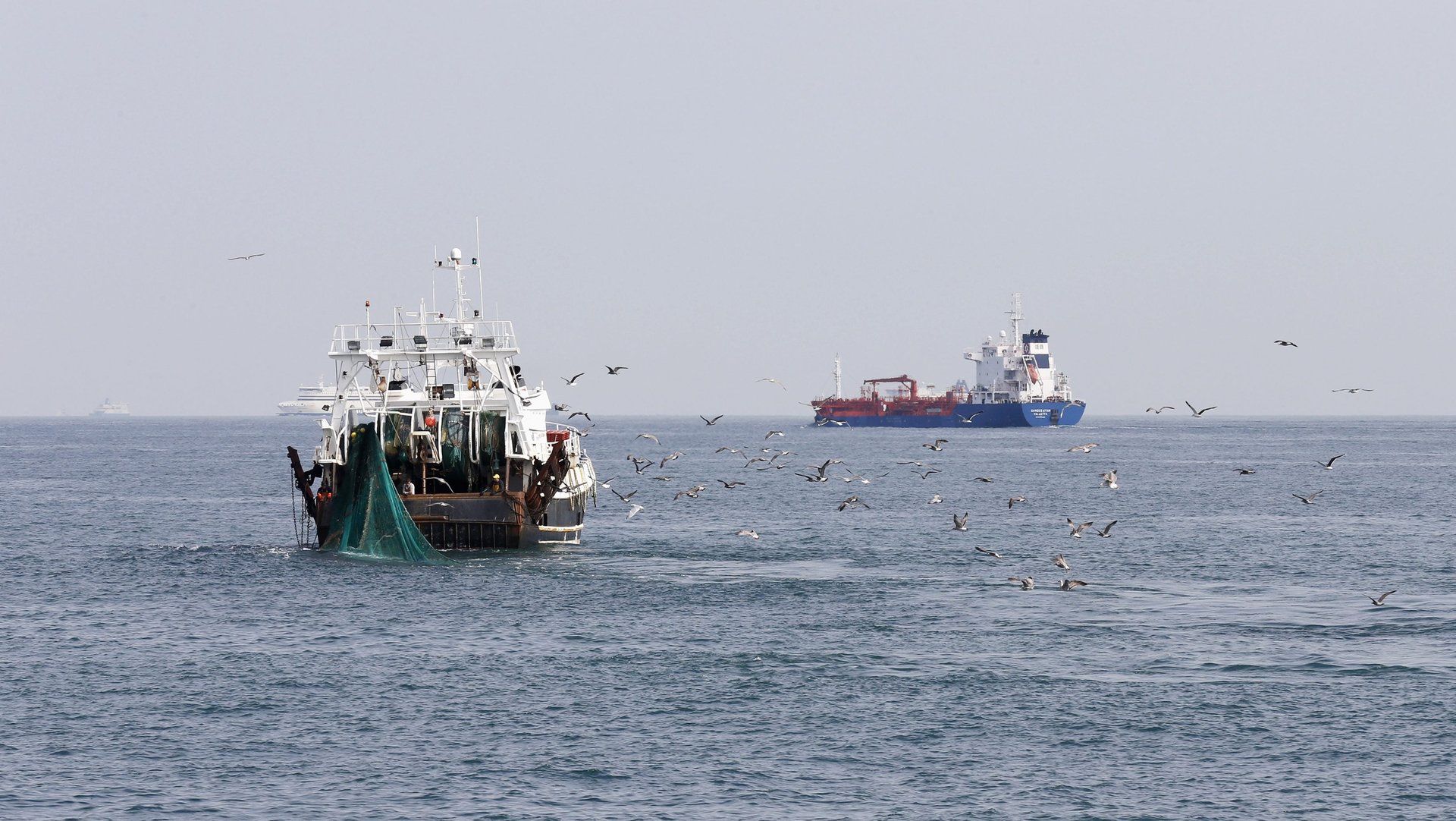EU nations authorized their vessels to unlawfully fish in African waters
For more than three years, European Union members states authorized unlawful fishing activities off the coast of Africa in contravention of common regional laws and policies, a new report shows.


For more than three years, European Union members states authorized unlawful fishing activities off the coast of Africa in contravention of common regional laws and policies, a new report shows.
Oceana, the largest international advocacy organization for ocean conservation, said that Greece, Italy, Portugal, and Spain violated the laws of the European Common Fisheries Policy by awarding private fishing authorizations to vessels, which granted them access to waters in The Gambia and Equatorial Guinea. Using an online monitoring tool, Oceana recorded 19 EU-flagged vessels that illegally fished for almost 32,000 hours in African waters from April 2012 through to August 2015.
Globally, the EU is by far the largest single market for seafood imports in the world, with foreign fishing contributing 28% of the total EU catch. To operate in third-country waters, EU vessels need to obtain a fishing authorization from their flag states. But in cases where there are active fishing partnerships with other nations, vessels are not allowed to operate under private national agreements. This also applies to when agreements are “dormant,” like in the case of The Gambia and Equatorial Guinea, where there is no guiding protocol.
Oceana says these private agreements are problematic because they are negotiated under total opacity, with vessels not providing information on target species, fishing areas, types of gear used, or data on the collected catches. María José Cornax, senior policy and advocacy director at Oceana said that their findings “show that even vessels from countries with strong legal frameworks, such as those within the EU, can engage in unlawful practices.”
As the world’s seas run out of fish, illegal fishing has become a major problem across the world. African countries are especially threatened by illegal fishing, with large trawlers from both Asia and Europe using different strategies to pillage marine beds and deplete vulnerable species like sharks and reef fish. The problem is even more severe in West Africa, where illegal fishing costs countries like Senegal, Guinea, and Sierra Leone over $2 billion annually. In Somalia, reduced navy patrols and the return of illegal fishing is also being touted as the reason why the notorious piracy industry is making a comeback.
To tackle this, Oceana says private fishing authorizations need to comply with the same EU standards on fisheries, environmental, and labor laws. Vessels that do not comply with laws or which switch off their satellite-linked Automatic Identification System during fishing should also be penalized or not granted a fishing authorization. External fleets should also adhere to the rules of the newly-passed, EU regulation which sets stringent standards to all vessels seeking authorization and addresses issues like reflagging, where a vessel repeatedly changes its flag for the purposes of circumventing conservation measures.